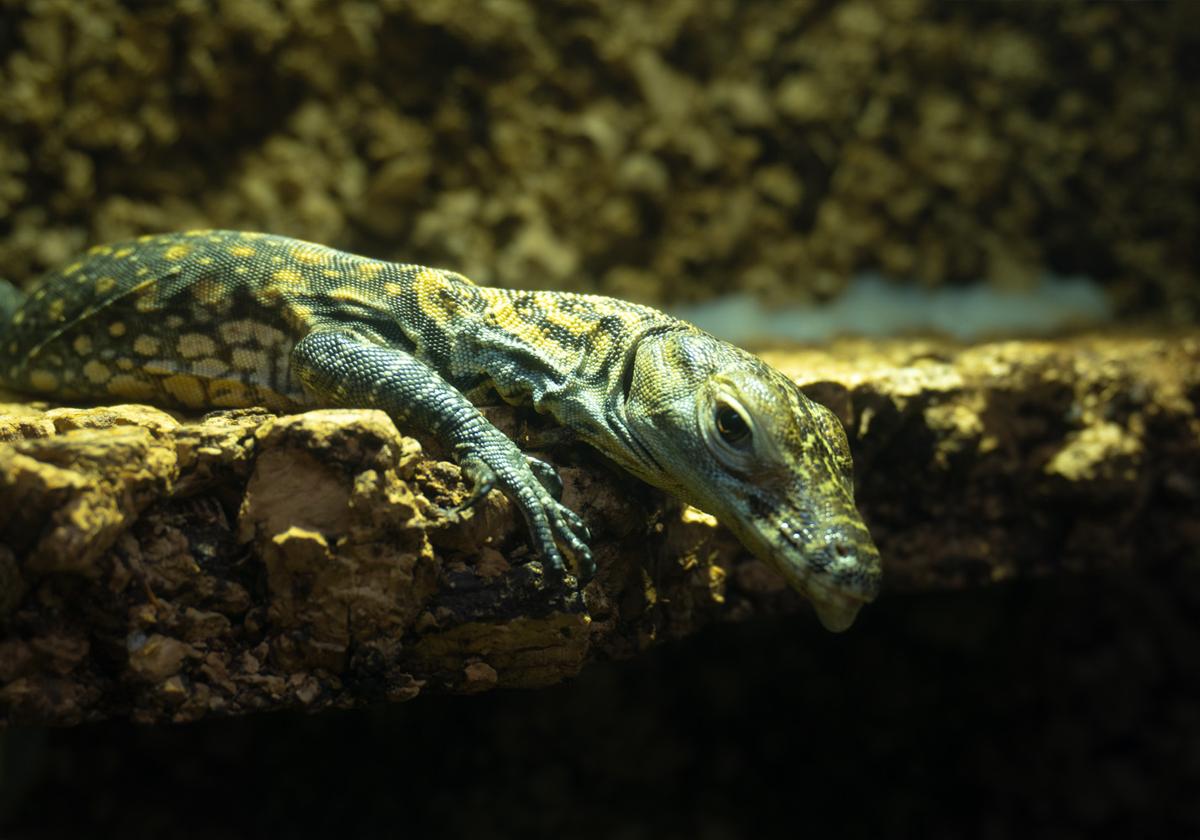

Sections
Highlight

The five youngters were born in March at Bioparc Fuengirola, making the conservation park on the Costa del Sol the first in Spain to successfully breed Komodo dragons in the last 10 years and only the fifth in Europe.
Now, due to the numerous requests received, the park is going to exhibit the five hatchlings in a temporary outdoor terrarium for two days only: 10 and 11 June.
People who visit Bioparc Fuengirola on these dates will be the only ones who will be able to see Juanito, Fénix, Embum, Drakaris and Saya, as they will then return to their indoor enclosures to ensure their correct development and guarantee their wellbeing during their first months of life, under the supervision of the park's herpetology and veterinary team. The five hatchlings can be seen in the Indo-Pacific area, next to Reo's enclosure, the male Komodo dragon.
On both days, there will also be talks by the herpetology and education teams, where curiosities about the reproduction of the largest Komodo dragons in the world, their behaviour, habits and all the work carried out to achieve these births, considered by Bioparc Fuengirola as one of the most important milestones in its conservation work within the European Endangered Species Programme (EEP), will be revealed.
Komodo dragons are in danger of extinction. Currently, there are only about 1,500 of them left in the world, 220 in conservation centres belonging to the EAZA (European Association of Zoos and Aquariums). The rest are in the wild and can be found on the islands of Flores, Komodo, Rinca, Padar, Nusa Kode and Gili Motang.
In the last 15 years, the dragon population has been reduced by 25% due to the burning of much of the forest where they live and poaching. This is now compounded by the huge accumulation of debris carried by ocean currents, which ends up on the islands where these primitive and large monitor lizards live.
Bioparc Fuengirola is one of the 30 zoos that are part of the European Endangered Species Programme (EEP), coordinated by the European Association of Zoos and Aquaria (EAZA).
Publicidad
Publicidad
Publicidad
Publicidad
Esta funcionalidad es exclusiva para registrados.
Reporta un error en esta noticia

Debido a un error no hemos podido dar de alta tu suscripción.
Por favor, ponte en contacto con Atención al Cliente.

¡Bienvenido a SURINENGLISH!

Tu suscripción con Google se ha realizado correctamente, pero ya tenías otra suscripción activa en SURINENGLISH.
Déjanos tus datos y nos pondremos en contacto contigo para analizar tu caso

¡Tu suscripción con Google se ha realizado correctamente!
La compra se ha asociado al siguiente email
Comentar es una ventaja exclusiva para registrados
¿Ya eres registrado?
Inicia sesiónNecesitas ser suscriptor para poder votar.